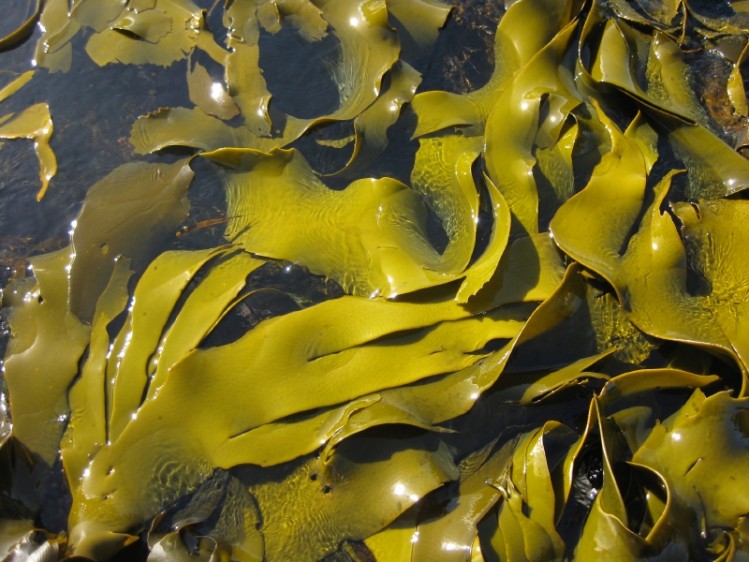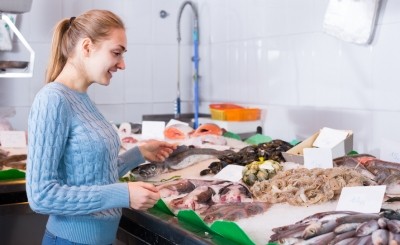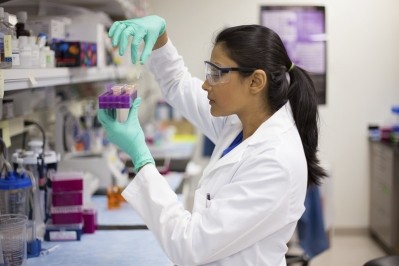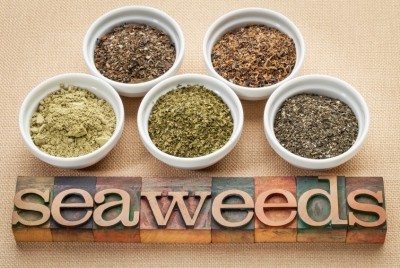Global seaweed production standard gets green light

The MSC had previously spoken of its plans to expand its sustainability standard beyond wild-capture fish and invertebrate fisheries to include wild seaweed for the first time.
At the time the MSC said it was responding to increasing global seaweed fishery production and a demand for certification in this area.
Together the two bodies hope to produce a standard that will build on their respective seafood certification and labelling programs while also including a public consultation process until the end of next month.
Bas Geerts, standards director for ASC, said a responsible approach to seaweed production was “critical” in order to reduce the environmental impact of commercial seaweed production.
With seaweed production increasing alongside demand for certification, the MSC and ASC said they recognise the importance of having a global standard that rewards environmentally sustainable and socially responsible seaweed production while also providing a benchmark for improvement.
According to the United Nations Food and Agriculture Organisation (FAO) around 25 million tonnes of seaweeds and other algae are harvested every year, representing over 15% of the total world fisheries and aquaculture production globally, with an estimated annual value of €5.2 billion.
Five core principles
The proposed standard will allow certification from both wild harvest and farmed seaweed, regardless of the scale or location of the operation.
The assessment of seaweed farms and fisheries will be guided by five core principles: sustainable populations; minimising environmental impacts; effective management; social responsibility; and community relations and interactions.
Social footprint
David Agnew, Science and Standards Director of the MSC said: “The Seaweed Standard will demonstrate mutual sustainability principles and standard systems, referencing best available scientific understanding and industry practices that conform to international norms of good conduct, including the FAO Guidelines for Ecolabelling and the International Social and Environmental Accreditation and Labelling (ISEAL) Codes of Good Practices.“
Bas Geerts added: “A responsible approach to seaweed production is critical to minimising the environmental and social footprint of commercial seaweed production.”
“Through collaboration we can create a meaningful standard with value for all stakeholders, while promoting environmental integrity and supporting the local communities that rely on seaweed production.”
As part of the public consultation process, interested parties are encouraged to view the proposed Seaweed Standard and certification process, and share their expertise and feedback.
The online consultation will be open until 30 April 2016.


![Seaweed & Co: “[DNA testing] will help differentiate material from cheap, nasty stuff coming onto the market with no testing whatsoever,.”](/var/wrbm_gb_food_pharma/storage/images/_aliases/wrbm_medium/1/3/9/7/3407931-3-eng-GB/DNA-seaweed-authentication-test-launched-in-UK.jpg)





